Talk discusses discerning artificial intelligence from Christian worldview
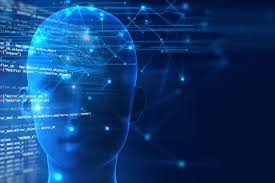
Photo courtesy of Derek Schuurman
Derek Schuurman, author of “Shaping a Digital World” and computer science professor at Calvin, presented a talk about artificial intelligence (AI) through a Christian worldview perspective. Schuurman began teaching at Calvin in the fall of 2017 and his goal is to train computer science students to develop technology in a responsible and God-honoring way. During his presentation, “Artificial Intelligence: Discerning a Christian Response,” which took place on Nov. 30, 2018, Schuurman shared his perspective and the concerns about artificial intelligence (AI) with both Calvin students and faculty.
He began with a short history of AI, which was founded as an academic discipline around the 1950’s. It is was pioneered by researchers like John McCarthy, Martin Minsky and colleagues. Artificial neurons called “perceptrons” were initially explored, but an early book entitled “Perceptrons” was published and identified challenges with single layer perceptrons.
In the 1980’s, AI progressed with multi-layer perceptrons where machines began to perform more difficult tasks. More recently, open-source tools like tensorflow and hardware developments such as GPUs (Graphics Processing Units) have accelerated the use of AI. Deep-learning employs many layers of perceptrons, which are then trained using special techniques like backpropagation.
According to Schuurman, deep learning is an approach to machine learning, a field which involves training computers to “learn” patterns without being explicitly programmed for those patterns. Schuurman says AI techniques employing “deep learning” have achieved remarkable ability in tackling more difficult problems, demonstrated by computers that play games which surpass the best human players.
Through a Christian perspective, Schuurman suggested that our presuppositions shape our approach to AI. While AI has many beneficial applications, he raised concerns about how some people have put their trust in the development of AI. Some people have said that the advancement of technology and AI will help solve all problems.
Books like “Infinite progress” demonstrate technology as a savior (called techinism) to help humans create a utopian society without wars, disease or hunger. Schuurman suggested that trusting in technology is essentially idolatry. He further explained how faith in technology is explicit in the case of the “Way of the Future,” a religious group founded by Anthony Levandowski, a former Google and Uber engineer who is working to establish physical places of worship for AI and write the AI gospel called “The Manual.”
As we unfold new technologies, we need to consider the implications because they are not neutral. We often use tools and we don’t think of their implication. As Marshall McLuhan commented, “We shape our tools and they shape us.” We need to dig deeper into the implications this may have on people.
Some, like Steven Hawking, have warned that “the development of full artificial intelligence could spell the end of the human race.” According to Schuurman, one of the immediate concerns for the future of AI is the effect of automation on the job market. A paper published by researchers from Oxford University predicted that 47 percent of job could be at risk due to AI technologies and computerization.
While technology and AI advancement seem inevitable, Schuurman explained that we are all stakeholders in the implications of computerization and technology on society. “It is not just for computer scientists to shape and decide what kind of world we live in, but all of us have to engage ourselves to build the world we want to have,” said Schuurman. AI has the potential to do many good things, but we have to work together to be intentional about developing responsible tools that will contribute to the common good.





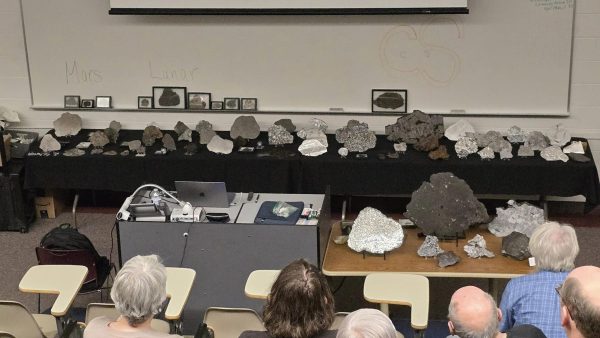
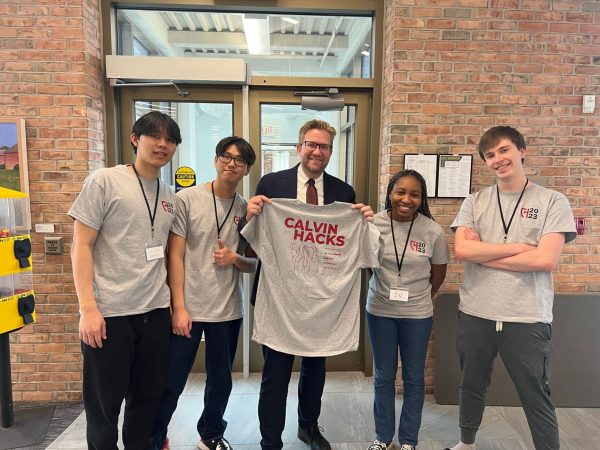

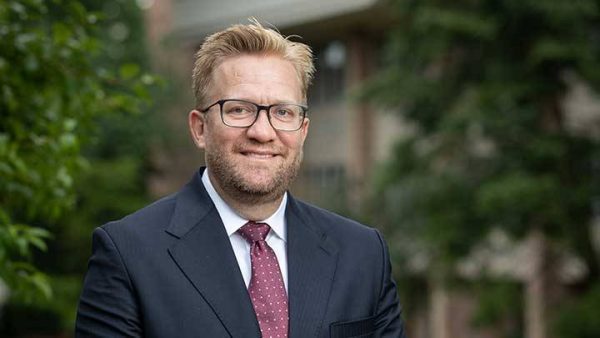


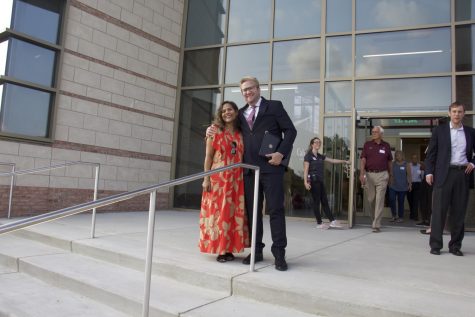
Anon • Dec 12, 2018 at 11:39 am
Fantastic article, as a bit of an expert in this topic this article is fantastic and factually correct.